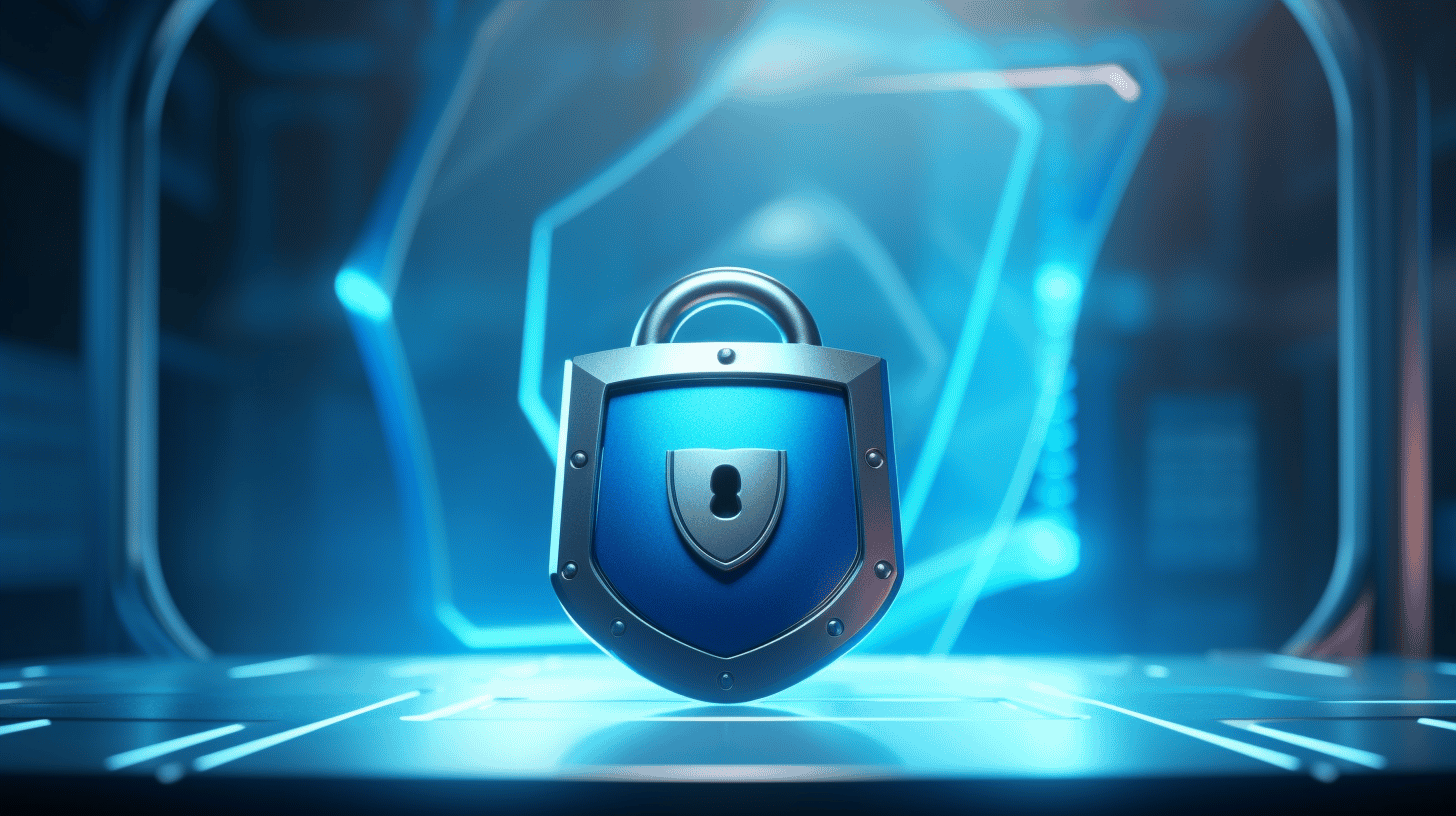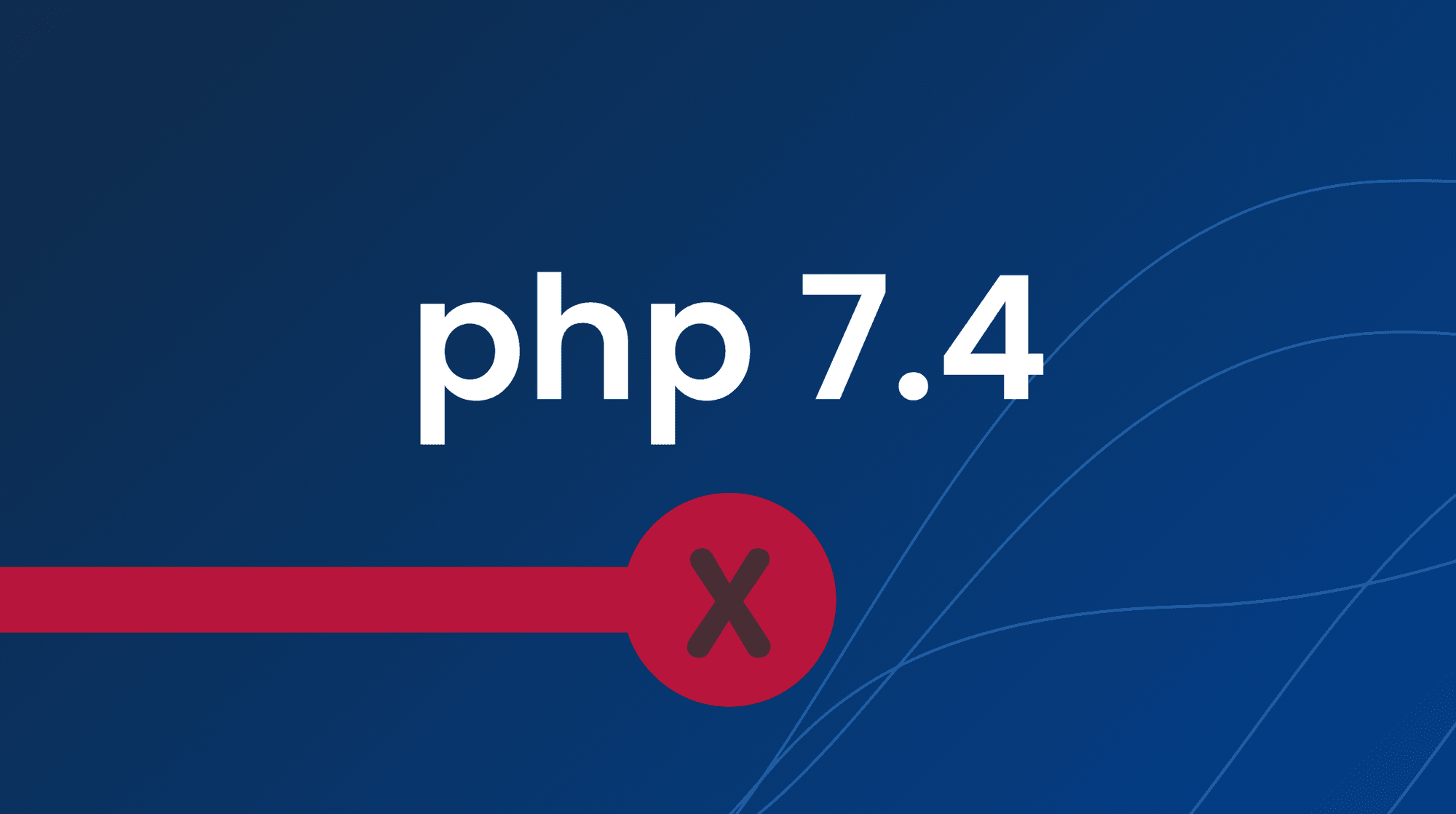In today’s digital age, eCommerce has become an integral part of our lives. We rely on online platforms for everything from shopping for groceries to purchasing high-end electronics. With this increased reliance on eCommerce, there is a growing concern about the security of our personal information and financial transactions.
Online security threats are constantly evolving, and cybercriminals are becoming more sophisticated in their tactics. As a result, it is crucial for eCommerce websites to implement robust security measures to protect their customers and their business.
In this article, we will explore the importance of online security for eCommerce websites and discuss the essential security measures that every online business should implement. By understanding the threat landscape and investing in adequate security measures, eCommerce businesses can safeguard their reputation and gain the trust of their customers. So, let’s dive in and explore the world of online security for eCommerce websites!
Understanding the Threat Landscape
In today’s digital age, understanding the threat landscape is essential for individuals and businesses alike. Cybercrimes are on the rise, posing significant risks to sensitive data, financial stability, and online security. To keep ourselves and our digital assets safe, we must be aware of the various threats that lurk in the virtual world. Let’s take a closer look at some alarming statistics and vulnerabilities that highlight the importance of website security.
Rising Stats of Cybercrimes
The statistics surrounding cybercrimes are staggering, painting a sobering picture of the ongoing battle against malicious actors. Here are a few eye-opening facts:
- ATO Attacks and Business Logic Abuse were the leading threats that retailers faced in 2023. These attacks exploit vulnerabilities in authentication systems and manipulate business processes to gain unauthorized access or exploit data.
- In Q2 of 2023, there was an alarming 8% increase in global cyberattacks per week. This rapid escalation demonstrates just how prevalent and persistent these threats are becoming.
Vulnerability of Web Applications
When it comes to the threat landscape, web applications are prime targets for cybercriminals. While these applications bring convenience and functionality, they also provide opportunities for exploitation. Consider the following vulnerabilities:
- Shockingly, 98% of web applications are vulnerable to malware and redirection to malicious websites. This means that the vast majority of websites are at risk of being compromised by hackers.
- Criminals are constantly evolving their methods and exploiting weaknesses in application security, making it crucial for developers and site owners to stay vigilant and implement robust security measures.
ATO Attacks, Business Logic Abuse, and Rising Fraud Costs
The financial repercussions of cybercrimes are staggering, and businesses can suffer substantial losses if they fall victim to attacks. Here are a few alarming facts:
- ATO Attacks and Business Logic Abuse, as mentioned earlier, pose significant threats to retailers. These attacks not only lead to financial losses but can also damage a company’s reputation and erode customer trust.
- Cybercrime costs are predicted to reach a staggering $8 trillion in 2023 and grow to $10.5 trillion by 2025. These astronomical figures highlight the urgency for organizations to fortify their cybersecurity defenses.
- The retail sector is particularly vulnerable, with eCommerce fraud projected to cost the industry a whopping $48 billion globally in 2023. This financial burden affects not only businesses but also consumers who may be impacted by identity theft and fraudulent transactions.
To ensure the safety and security of online platforms, it is crucial to address website security concerns proactively. Implementing robust security measures, regularly updating software, and educating users about best practices can go a long way in mitigating the risks. Visit Website Security Concerns to dive deeper into the subject and learn how to protect your website from evolving threats.
Inadequate Security Measures and Monetary Losses
Introduction:
In today’s digital age, online businesses have become the backbone of the global economy. However, with the rise of eCommerce comes the pressing issue of security vulnerabilities. Many businesses overlook the importance of robust security measures, putting themselves and their customers at risk. Unfortunately, this oversight often leads to significant monetary losses for these businesses.
The Consequences of Ineffective Security:
- 🌐 Online businesses losing a hefty amount yearly due to the ineffective implementation of eCommerce website security.
- Hackers and cybercriminals target vulnerable websites, exploiting security loopholes to gain unauthorized access to sensitive customer data.
- Customer trust is severely damaged when their personal information, such as credit card details and addresses, is compromised.
- The financial impacts of security breaches can be substantial, including reputational damage, loss of customers, legal expenses, and regulatory fines.
The Role of Managed WordPress Solutions:
To mitigate the risks associated with inadequate security measures, online businesses should consider using Managed WordPress Solutions. Managed WordPress Solutions provide comprehensive security measures specifically designed to protect eCommerce websites. Such solutions offer a range of benefits, including:
- Enhanced Security: Managed WordPress Solutions offer robust security measures such as firewalls, malware scanning, and brute force attack protection. These measures help safeguard sensitive customer data and provide peace of mind for businesses.
- Regular Updates and Patching: Managed WordPress Solutions ensure that websites are always up to date with the latest security patches and fixes. Regular updates are crucial in addressing new vulnerabilities and minimizing the risk of a security breach.
- 24/7 Monitoring and Support: Managed WordPress Solutions often include round-the-clock monitoring to detect and respond to any security threats promptly. In addition, they provide dedicated support that can assist businesses in swiftly resolving security issues and mitigating potential financial losses.
- Backup and Disaster Recovery: Managed WordPress Solutions offer automated backups and disaster recovery plans, ensuring that businesses can restore their websites to a stable state in the event of a security incident or data loss.
Conclusion:
Inadequate security measures pose a significant threat to the financial well-being of online businesses. Implementing Managed WordPress Solutions can go a long way in preventing security breaches, protecting customer data, and minimizing financial losses. By investing in reliable security measures, businesses can foster trust, maintain their reputation, and safeguard their bottom line. To learn more about Managed WordPress Solutions and their benefits for eCommerce websites, visit Managed WordPress Solutions.
Importance of Cybersecurity Professionals
In today’s digital landscape, the role of cybersecurity professionals has become more critical than ever before. With the increasing number of cyber threats and the potential for devastating security breaches, organizations of all sizes and industries are recognizing the importance of having dedicated experts to safeguard their digital assets.
Here are a few reasons why cybersecurity professionals are so essential:
Protecting Confidential Information
🔒 One of the primary responsibilities of cybersecurity professionals is to protect confidential information from falling into the wrong hands. They develop and implement robust security measures to safeguard sensitive data, such as customer records, financial information, and intellectual property. By doing so, they help prevent data breaches and mitigate the potential damage caused by cyberattacks.
Defending Against Cyber Threats
🛡️ With cyber threats constantly evolving and becoming more sophisticated, organizations need cybersecurity professionals who can stay one step ahead of the attackers. These experts are trained to identify vulnerabilities in systems, networks, and applications and apply the necessary safeguards to ensure their resilience. By constantly monitoring for potential threats and implementing proactive security measures, they help organizations defend against cyber attacks.
Ensuring Business Continuity
🔐 Cybersecurity is not just about preventing breaches; it also plays a crucial role in ensuring business continuity. When an organization faces a cyber attack or a security breach, it can result in significant disruption to its operations. Cybersecurity professionals work diligently to minimize the impact of such incidents by implementing disaster recovery plans, creating backups, and establishing protocols for incident response. By doing so, they help organizations recover quickly and minimize the downtime caused by cyber incidents.
Meeting Regulatory Compliance
🔐 In today’s regulatory environment, many industries have specific cybersecurity requirements that organizations must meet to comply with legal and industry standards. Cybersecurity professionals play a vital role in ensuring that organizations adhere to these requirements. They stay updated on the latest regulations and help design and implement security controls that meet compliance standards. By doing so, they prevent organizations from facing legal repercussions and reputational damage due to non-compliance.
Increasing Demand for Cybersecurity Professionals
⚡ The demand for cybersecurity professionals is expected to grow significantly in the coming years. According to reports, the demand for cybersecurity experts is projected to increase by 31% by 2023[source]. This growth is driven by the increasing frequency and complexity of cyber threats, as well as the growing reliance on digital technology across industries. As organizations recognize the critical role of cybersecurity in their operations, the need for skilled professionals to fill these positions becomes more prevalent.
In conclusion, cybersecurity professionals play a crucial role in protecting sensitive information, defending against cyber threats, ensuring business continuity, and meeting regulatory compliance. With the demand for these experts on the rise, organizations must prioritize cybersecurity to safeguard their digital assets and maintain customer trust. By investing in skilled professionals and robust security measures, organizations can mitigate the risks posed by cyber threats and focus on their core business operations.
Essential Security Measures for eCommerce Websites
🔒 In today’s digital age, where online shopping has become the norm, the security of eCommerce websites is of utmost importance. Customers need to feel confident that their personal information and financial details are protected while making online purchases. Therefore, it is crucial for eCommerce businesses to implement effective security measures to safeguard their customers’ data and prevent any potential threats.
Effective Security Practices
When it comes to securing an eCommerce website, there are a few practices that every business should consider implementing:
- Strong Password Policies: Enforcing strong passwords for user accounts is the first line of defense against unauthorized access. Require users to create passwords with a combination of uppercase and lowercase letters, numbers, and special characters. Prompt users to update their passwords periodically to further enhance security.
- Secure Socket Layer (SSL) Certificate: Obtain an SSL certificate for your eCommerce website. This will encrypt the data exchanged between your website and customers’ browsers, ensuring that sensitive information, such as credit card details, cannot be intercepted by hackers.
- Regular Security Audits: Conduct regular security audits to identify vulnerabilities in your eCommerce website. This can include penetration testing, code reviews, and vulnerability scanning. Address any issues promptly to keep your website protected.
- Two-Factor Authentication (2FA): Implementing 2FA adds an extra layer of security to user accounts. Users will be required to provide an additional piece of information, such as a unique code sent to their mobile device, when logging in. This makes it significantly more difficult for unauthorized individuals to access user accounts.
Defending from Data Breaches
Data breaches can result in significant financial losses and damage to a business’s reputation. To defend against such breaches, eCommerce websites should consider the following measures:
- Data Encryption: Encrypt all sensitive data, such as customer names, addresses, and payment information. Encryption ensures that even if the data is compromised, it remains unreadable and useless to malicious actors.
- Regular Data Backups: Regularly backup your website’s data to a secure location. In the event of a breach or data loss, having backups ensures that you can quickly restore your website’s functionality without losing valuable customer information.
- Strict Access Controls: Limit access to sensitive data to only authorized personnel. Implement role-based access control (RBAC) to ensure that employees have access only to the data necessary for their job roles. Regularly review and update access permissions to minimize the risk of unauthorized access.
Preventing Financial Losses
Financial losses can be devastating for eCommerce businesses. To prevent such losses, consider implementing the following measures:
- Fraud Detection and Prevention: Utilize fraud detection tools to identify and prevent fraudulent transactions. These tools analyze patterns, customer behavior, and transaction data to flag suspicious activities.
- Real-Time Monitoring: Implement real-time monitoring systems to detect any unusual activity on your eCommerce website. This can include monitoring for suspicious login attempts, unusual order patterns, or changes to payment settings. Promptly investigate and address any detected anomalies.
- PCI Compliance: Ensure that your eCommerce website is Payment Card Industry Data Security Standard (PCI DSS) compliant. This standard includes a set of requirements for securely handling cardholder data. Complying with PCI DSS helps protect your customers and your business from potential financial losses due to payment card fraud.
By implementing these essential security measures, eCommerce websites can enhance their overall security posture and instill trust in their customers. Investing in robust security practices not only protects sensitive data but also safeguards the reputation and credibility of online businesses. So, take proactive steps today to secure your eCommerce website and build a strong foundation for success in the digital marketplace. 🔐
Conclusion
In summary, ensuring robust online security measures is absolutely crucial for the success and longevity of your eCommerce website. With the threat landscape constantly evolving and cybercrimes on the rise, it’s essential to take proactive steps to safeguard your business and protect your customers’ sensitive data.
By prioritizing cybersecurity, you can mitigate the risks of data breaches, financial losses, and reputational damage. Investing in effective security practices, defending against data breaches, and taking steps to prevent financial losses will go a long way in safeguarding your eCommerce website.
Remember, protecting your online business is a continuous effort that requires ongoing monitoring and proactive measures. Consider seeking the expertise of cybersecurity professionals who can help you develop a robust security strategy tailored to your specific needs. With the right security measures in place, you can establish trust with your customers and provide them with a safe and secure online shopping experience.
So don’t wait until it’s too late. Take the necessary steps to protect your eCommerce website, your customers, and your business.
And if you’re looking for a reliable managed WordPress cloud hosting platform that simplifies infrastructure and offers expert support, consider Managed-WP. With their proactive monitoring, backup management, and patch management services, you can have peace of mind knowing that your website is in good hands. Learn more about their services at managed-wp.com.
Frequently Asked Questions
- What are the crucial online security measures for an eCommerce website?
Some crucial online security measures for an eCommerce website include: 1. Secure Sockets Layer (SSL) certificate, 2. Two-factor authentication (2FA) for admin login, 3. Regular security audits and updates, 4. Secure payment gateways, and 5. Strong password policies.
- Why is an SSL certificate important for an eCommerce website?
An SSL certificate encrypts the data transmitted between a visitor’s browser and the eCommerce website, ensuring that sensitive information like credit card details and personal data remain secure and protected from hackers.
- What is two-factor authentication (2FA) and why is it necessary?
Two-factor authentication adds an extra layer of security by requiring users to provide two forms of identification to access the eCommerce website. It helps prevent unauthorized access and protects user accounts from being compromised.
- How often should security audits and updates be performed for an eCommerce website?
Regular security audits and updates should be performed at least quarterly, if not more frequently, to identify and patch any security vulnerabilities, update software and plugins, and ensure the website remains protected against evolving threats.
- What are secure payment gateways and why are they important?
Secure payment gateways are services that handle online payments securely, ensuring encrypted transactions and protecting customers’ sensitive payment information. Using reputable and trusted payment gateways adds an extra layer of security and builds trust with customers.



















